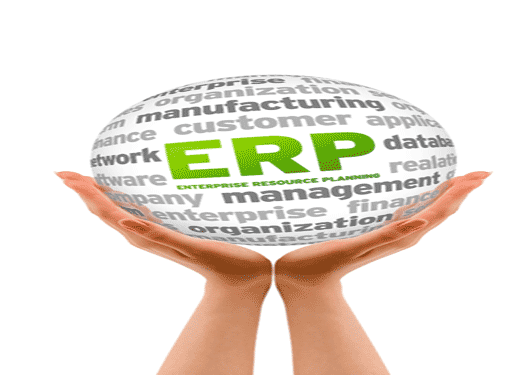
Visit Our Sponsors |
|
|
|
|
|
|
|
|
|
|
|
|
|
|
|
|
|
|
|
|
|
|
|
|
|
|
|
|
|
|
|
|
|
|
|
|
|
|
|
|
|
|
|
|
|
|
|
|
|
|
|
|
|
|
|
|
|
|
|

These types of companies require an ERP application that's designed for their industry, with industry-specific workflows, forms and data formats, in addition to user-friendly tools for customization. While many ERP vendors suggest that it's best to conform to the ERP application's practices, in fact, the ERP software should be adaptable to the customer.
Manufacturing and distribution are industries with hundreds of unique processes, from customer service to production and warehouse management. Manufacturing itself encompasses dozens of more specialized verticals, all with different requirements throughout their operations, said Jeff Carr, managing partner for Ultra Consultants.
For example, industrial manufacturers and distributors have complex supply chains that require huge capital investments in equipment that must perform flawlessly. The auto industry has safety and quality control processes while aerospace companies have to focus on meeting military specifications for design and production. Consumer goods manufacturers need to collaborate on forecasts and big-box store sales while food manufacturers and distributors require lot tracking capabilities to provide detailed information on inventory, shipments, and expiration dates to help ensure FDA compliance and efficiently run operations in case of a recall.
How does a manufacturer identify an ERP vendor who can successfully meet all of its complex requirements?
RELATED CONTENT
RELATED VIDEOS
Timely, incisive articles delivered directly to your inbox.







